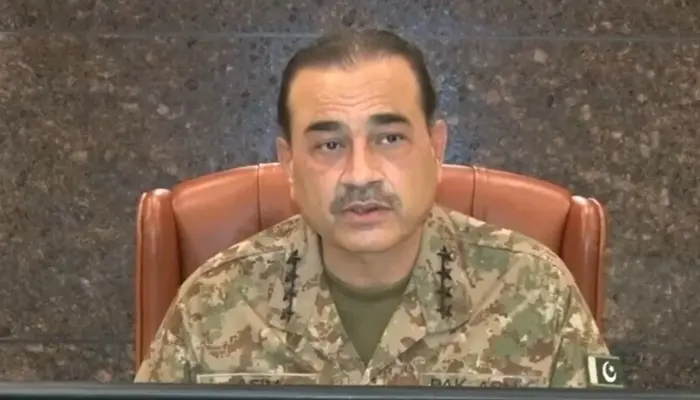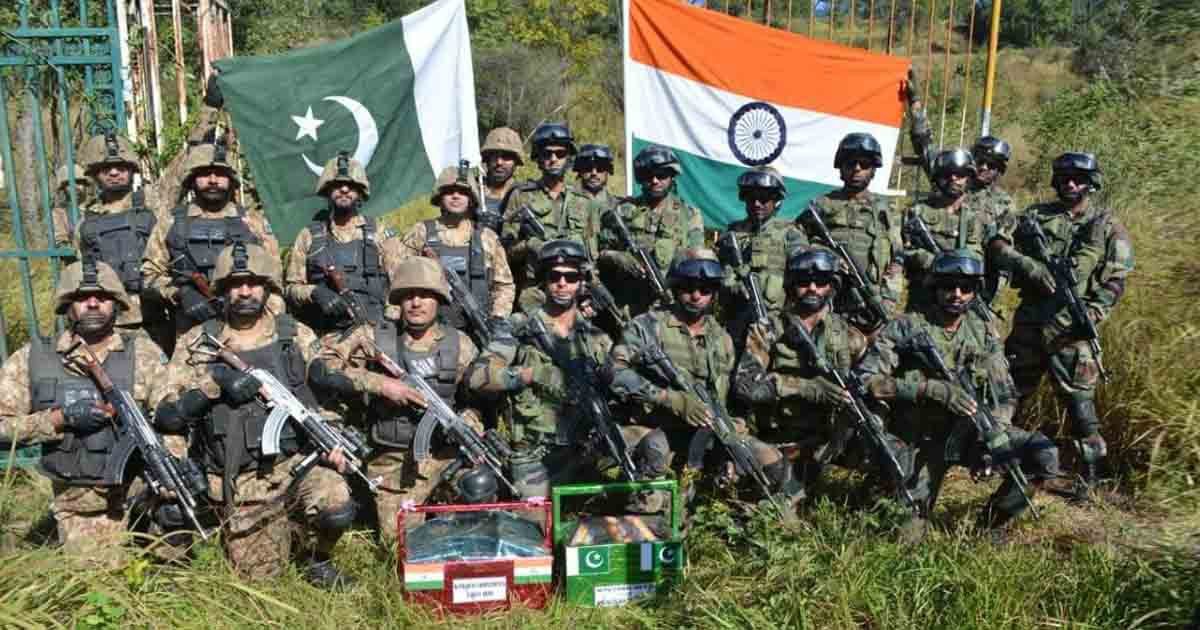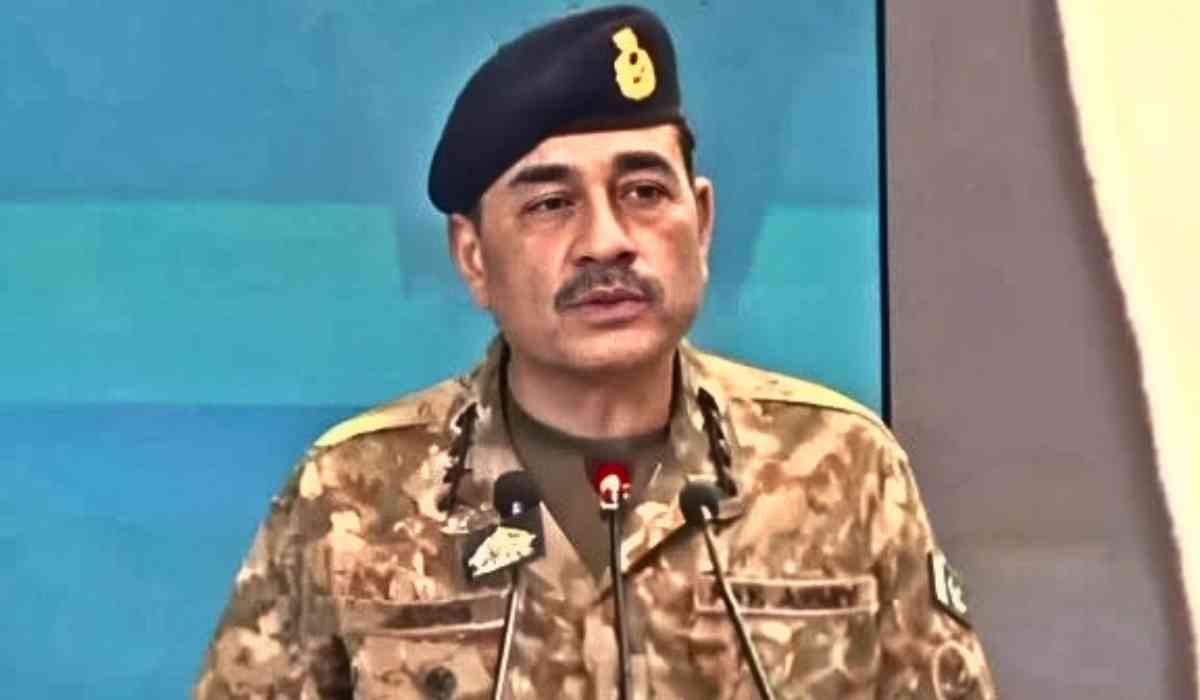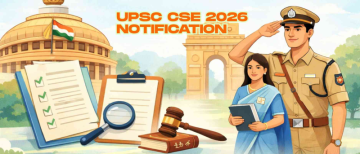Pakistan Army Chief General Asim Munir has recently issued a stern warning to India concerning the sensitive issues of Kashmir and Balochistan, vowing a strong and decisive response to any hostile actions by the Indian Army. His remarks have once again brought the longstanding tensions between the two nuclear-armed neighbors into the spotlight, underscoring the fragile state of peace in the region.

General Munir’s statements came during public addresses and military events where he reaffirmed Pakistan’s position on Kashmir, asserting that no power in the world can separate Kashmir from Pakistan. He invoked the Two-Nation Theory, which was the ideological foundation for the creation of Pakistan, emphasizing the deep religious, cultural, and political differences between Pakistan and India. According to him, these differences justify the distinct identities and national aspirations of the two countries, reinforcing Pakistan’s claim over Kashmir.
In addition to Kashmir, General Munir addressed the issue of terrorism in Balochistan, a southwestern province of Pakistan that has witnessed decades of separatist insurgency and violence. He vowed a firm crackdown on terrorist groups such as the Balochistan Liberation Army (BLA), Balochistan Liberation Front (BLF), and Baloch Republican Army (BRA), dismissing their ability to destabilize the region or the country. Munir declared that even "ten generations of terrorists" could not harm Balochistan or Pakistan, signaling a zero-tolerance policy towards militancy in the province.
The army chief’s warnings also targeted India’s recent political and military statements regarding Kashmir and Gilgit-Baltistan. He criticized Indian leaders for what he described as "highly irresponsible statements" and warned that any "misadventure" by India would be met with full military might backed by a resilient Pakistani nation. Munir stressed that Pakistan’s armed forces are prepared not only to defend every inch of their territory but also to retaliate if war is imposed on them. He urged the international community to ensure justice for the Kashmiri people in accordance with United Nations resolutions.

From a broader perspective, these developments reflect the enduring complexity and volatility of India-Pakistan relations. The Kashmir dispute remains a core issue, with both countries claiming the region in full but administering it in parts. The situation is further complicated by internal security challenges within Pakistan, such as the insurgency in Balochistan, which Pakistan attributes to terrorist groups, some allegedly supported by external actors. India, on the other hand, views Pakistan as a state sponsor of terrorism, a charge Pakistan denies.
General Munir’s strong rhetoric serves multiple purposes. Domestically, it reinforces the Pakistani military’s image as a protector of national sovereignty and a bulwark against both internal and external threats. It also sends a clear message to India and the international community about Pakistan’s stance on Kashmir and its readiness to confront any military challenges. However, such statements also risk escalating tensions between the two countries, which have fought multiple wars since their independence in 1947.
Pakistan’s military leadership is emphasizing strength and resilience, the path to lasting peace requires dialogue and mutual understanding. The international community continues to advocate for peaceful resolution through diplomatic channels, respecting the rights and aspirations of the people in the disputed regions.
In conclusion, Pakistan Army Chief General Asim Munir’s warnings to India over Kashmir and Balochistan highlight the persistent challenges in South Asia’s security landscape. His vow of a strong response underscores the seriousness with which Pakistan views these issues, but it also reminds us of the delicate balance that must be maintained to prevent conflict escalation. Both nations face the task of managing their differences responsibly to ensure regional stability and peace.
With inputs from agencies
Image Source: Multiple agencies
© Copyright 2025. All Rights Reserved Powered by Vygr Media.























